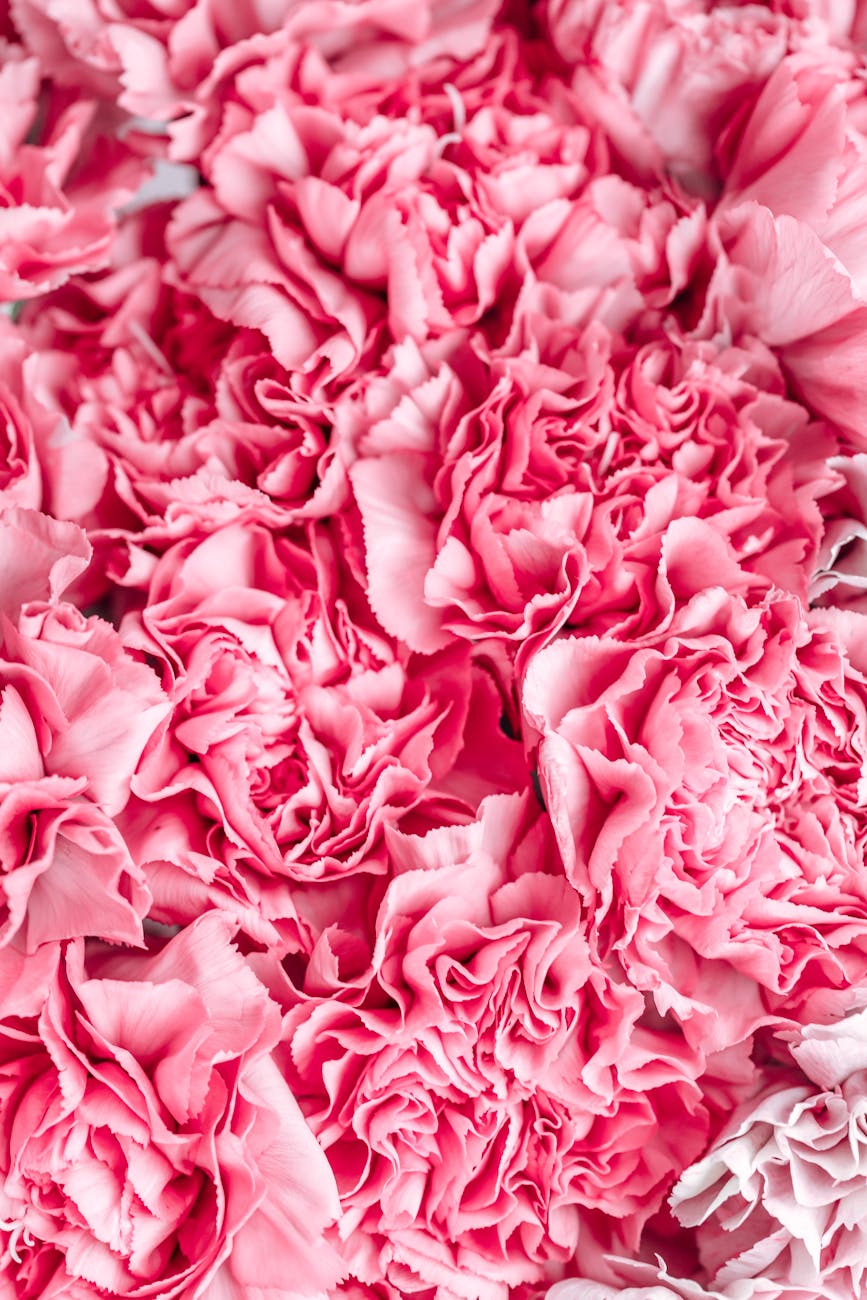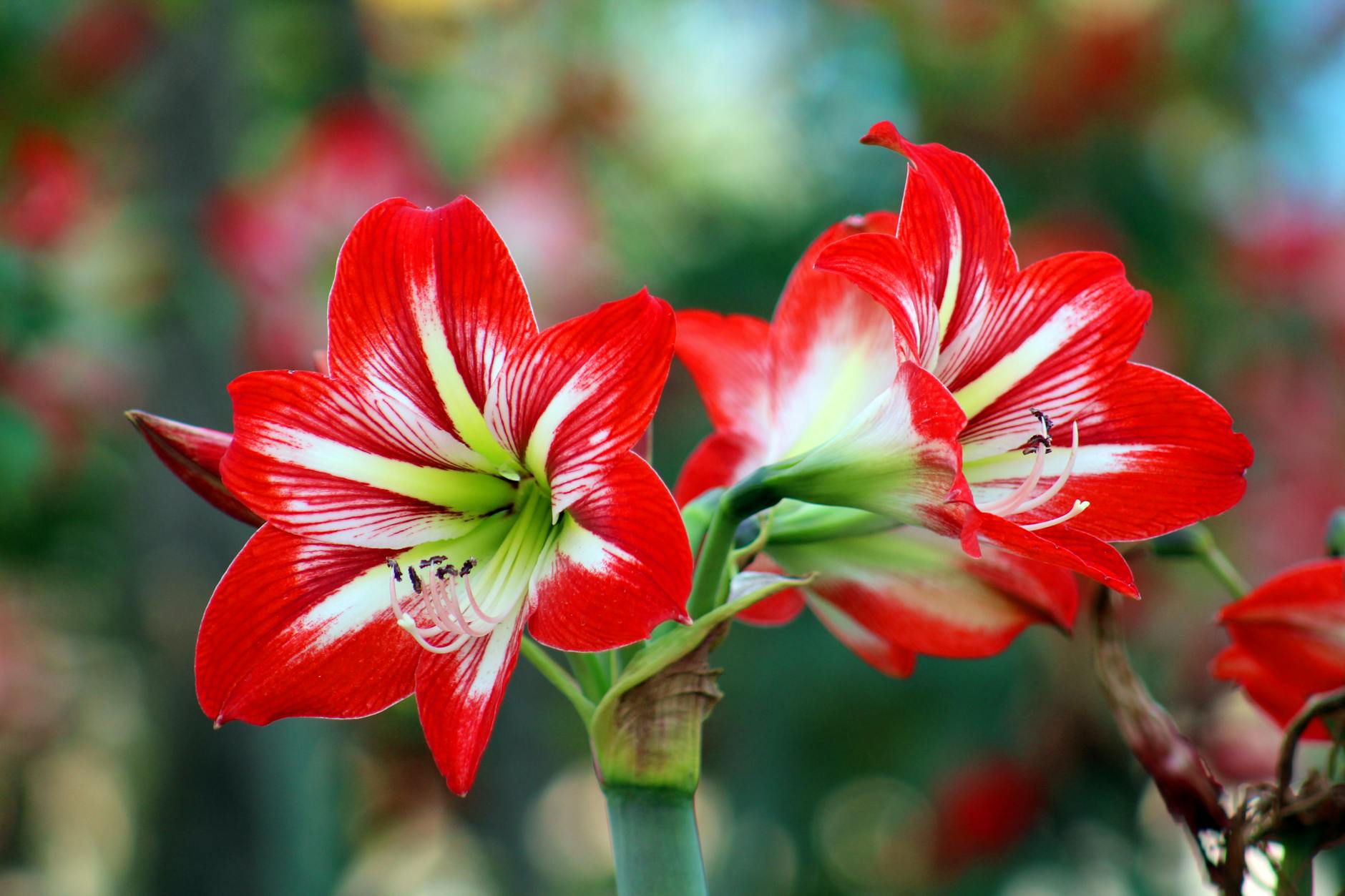Petals and Poetry: The Symbolism and Significance of Flowers


The Symbolism and Significance of Flowers
Flowers have captivated humanity for centuries, not only for their beauty but also for their symbolism and significance across various cultures and traditions. From ancient myths and religious rituals to modern-day celebrations and expressions of love, flowers hold a special place in human society. In this comprehensive guide, we will delve into the rich symbolism and significance of flowers, exploring their cultural, emotional, and spiritual importance in our lives.
Historical Roots
The fascination with flowers dates back to ancient times, where they were revered for their connection to nature, the divine, and the cycle of life. In ancient civilizations such as Egypt, Greece, and Rome, flowers played integral roles in religious ceremonies, funerary rites, and cultural traditions. Symbolizing concepts such as purity, fertility, and rebirth, flowers were used to adorn temples, honor deities, and commemorate important events.
Cultural Diversity
Across different cultures and regions, flowers hold diverse meanings and symbolism, reflecting the unique perspectives and beliefs of each society. For example, the lotus flower is revered in Asian cultures for its association with purity and enlightenment, while the rose holds universal significance as a symbol of love and passion in Western societies. From the cherry blossoms of Japan to the marigolds of Mexico, flowers are deeply intertwined with cultural identities and traditions worldwide.
Emotional Expression
Flowers have long been used as a means of conveying emotions and sentiments, serving as powerful symbols of love, sympathy, gratitude, and remembrance. Whether presented as gifts on special occasions or used to adorn spaces during times of mourning, flowers have a unique ability to evoke a wide range of emotions and evoke meaningful connections between individuals. The language of flowers, known as floriography, further enhances their capacity for emotional expression, allowing individuals to communicate feelings through the choice and arrangement of blooms.
Spiritual Significance
In many spiritual and religious traditions, flowers are imbued with spiritual significance, representing aspects of divinity, transcendence, and the sacred. In Hinduism, flowers are offered to deities as a form of worship and devotion, symbolizing purity and devotion. Similarly, in Buddhism, flowers are used in rituals and ceremonies to symbolize impermanence and the transitory nature of existence. Across various faiths and belief systems, flowers serve as conduits for spiritual connection and reverence.
Healing Properties
Beyond their symbolic and aesthetic appeal, flowers also possess healing properties that have been recognized and utilized in traditional medicine and holistic therapies for centuries. From the calming aroma of lavender to the immune-boosting properties of echinacea, flowers have been valued for their medicinal benefits in treating ailments and promoting overall well-being. In aromatherapy and herbal medicine, flowers are distilled into essential oils, teas, and tinctures to harness their therapeutic effects on the mind, body, and spirit.
Conclusion
In conclusion, flowers are much more than mere decorations or botanical specimens; they are profound symbols of beauty, meaning, and connection that enrich our lives in myriad ways. From their ancient roots in religious and cultural practices to their enduring role in emotional expression, spiritual devotion, and healing, flowers continue to inspire awe and wonder across generations and cultures. As we pause to appreciate their petals and poetry, let us remember the profound significance of flowers in shaping our collective human experience and fostering a deeper connection to the natural world.